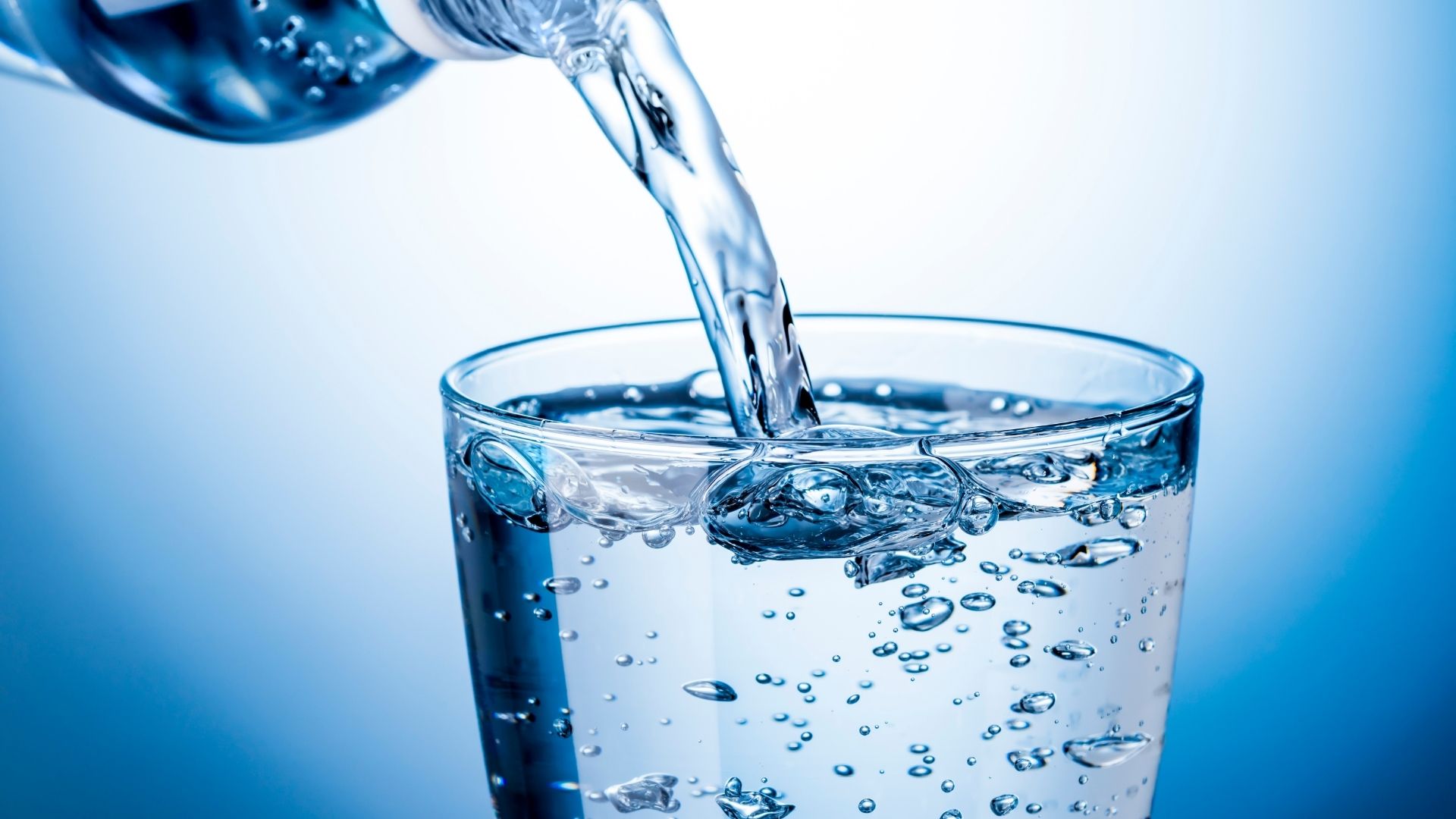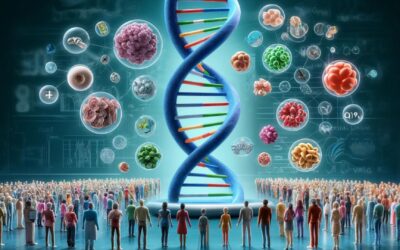Introduction
What do you know about water? Learn more about what water, where it comes from and how important it is in this new Do You Know episode from English Plus Podcast.
Audio Podcast
What Do You Know about Water?
Think about the different ways you use water. You drink water when you are thirsty. You take a bath and wash your clothes with water. You water the grass or other plants. You swim in water. Water pouring over huge dams may even make the electricity that lights up your home.
About three-quarters of Earth’s surface is water. Living things are mostly made up of water. Without water, there would be no life on Earth.
WHAT IS WATER?
Water is a chemical. Chemists say water is a compound, a combination of different materials. Water is a combination of oxygen and hydrogen atoms. An atom is a tiny bit of matter much too small to see. Water is made of one atom of oxygen and two atoms of hydrogen. The three atoms make the tiniest possible drop of water, called a molecule.
Water can be a liquid, a solid, or a gas. Liquid water flows. Solid water is ice. Water in the form of a gas is called water vapor.
WHERE IS WATER FOUND ON EARTH?
Liquid water fills the ocean, lakes, ponds, rivers, and swamps. Water droplets form rain clouds. Liquid water makes beads of dew on the grass. It seeps down into the ground. It fills underground lakes and streams.
Ice falls as hail or crystals of snow. Ice forms on ponds and frosty windowpanes. Huge sheets of ice make glaciers and icecaps at the North and South poles.
Water vapor is always present in the air. Water vapor makes clouds in the sky. Water vapor makes fog that hangs close to the ground. It is the steam that comes out of a teakettle.
WHERE DO WE GET DRINKING WATER?
Not all water is safe to drink. Water in lakes and rivers can be polluted. It can have harmful chemicals or germs that cause disease. Long ago, many people living in cities got sick or died from drinking dirty water.
Scientists have learned how to clean, or purify, drinking water. They learned that boiling water could kill germs. They learned that adding certain chemicals could kill germs. Engineers learned how to keep dirty water in sewers, away from drinking water. Governments passed laws to keep factories from polluting water.
People still get sick from drinking polluted water. Many poor people still do not have pure drinking water.
COULD WE RUN OUT OF WATER?
Nature recycles water all the time. Water in oceans, lakes, and rivers evaporates, or turns into a gas and rises into the air. The water vapor eventually turns back into a liquid and falls as rain. The water cycle keeps the total amount of water on Earth the same. But most of this water is salt water in the ocean. People need fresh water for drinking and for growing food on farms. Ocean water is too salty to drink. It is too salty to use for watering plants.
Some places have more fresh water than others. People who live near big lakes or rivers have more fresh water than people who live in the desert. Places where a lot of rain falls have more fresh water.
Places that usually have enough fresh water sometimes have a drought. Very little rain falls during a drought. People run short of water. People everywhere should be careful not to waste water.










0 Comments